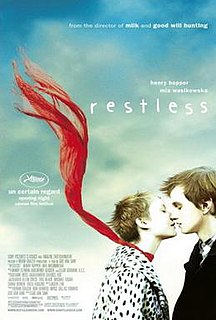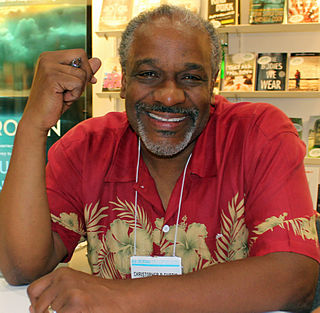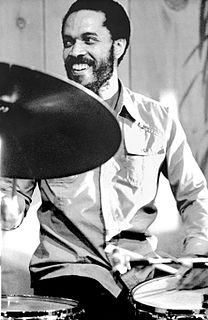A Quote by Aly Michalka
I think you can learn a lot about a guy from the way that he talks to you and the way that he compliments you. If he's complimenting you when you're just walking down the street and it's something completely pure and of the moment, then that's something you can take to heart.
Related Quotes
Once I start to do a film, it has inferences. If a guy walks down a street and kicks a dog, you're saying something about that guy. A guy walks down the street and somebody's about to be run over and he shoves him out of his way and gets hit by the car himself, you're saying that guy's a hero. You can't avoid making certain statements.
Make a decision and then make it right. There just are no wrong decisions. You could go this way, or that way, and either way will eventually get you to where you want to be. But in the moment you start complimenting yourself on the decision you've made, in that moment, you come back into vibrational alignment with who-you-really-are.
I don't think that those things [so called common practice] ever truly existed in the way that we like to believe that they do, the way we learn about them in music history class. Those things are defined at least decades after they happen. And even then, it's a fallacy because when you're in the moment, when you're in a thriving scene of musicians, inevitably everyone is going to be doing something completely different from everyone else
I write a lot on airplanes actually because it's completely isolating; there's no one to talk to, there's nothing to do. And then I think a lot of it sort of comes out sitting down with the people I'm co-writing with and talking to them about what I'm going through and what I want to say. It just sort of happens; every song came about in a completely different yet organic way.
I don't try to do anything. I think the moment that I'm like, "Oh, I have to be this way or that way" is the moment that I become sad, or maybe an asshole. So I just try to be myself and put out what is most natural. But I think I am - I mean, I've seen a lot, been through a lot. But something remains sort of naïve within me. And I just try to nurture that.
I always think about Katharine Graham - she was the publisher of The Washington Post. In her autobiography she talks about the way her parents met. Her father was, I think, in New York just walking by on his way home and looked into a store and saw the lady that became his wife. It was just pure luck. And she said that it once again reminds her of the role that luck and chance play in our life. I really believe that, too.
. . . people use tricks to get you to think the way they do or take away something you have that they want. One way they do that is to interrupt your normal way of thinking and take you by the hand and guide you down the path they want you to take. Father says they make you take a teeny-weeny step in their direction, and then they start to nudge you a little further down the path and before you know it, you're running full speed with them in a direction that you probably wouldn't have gone alone.
Sometimes there's a lot of tangents because I forget what I'm going to say so much. Sometimes there's very little tangents and stuff for some reason, and then some nights it's all tangents and I can't find my way, and then sometimes I wind up just talking about something completely extemporaneously and then never mention it again ever. It's just completely different.
Yeah, obviously we use vampires as a metaphor for something else, something deeper than just the supernatural. But there's just something about the bloodsucking walking dead, that can say so much to people. There are really so many people trying to get control over you on a daily basis and steal your soul in some way, take a part of you.




































